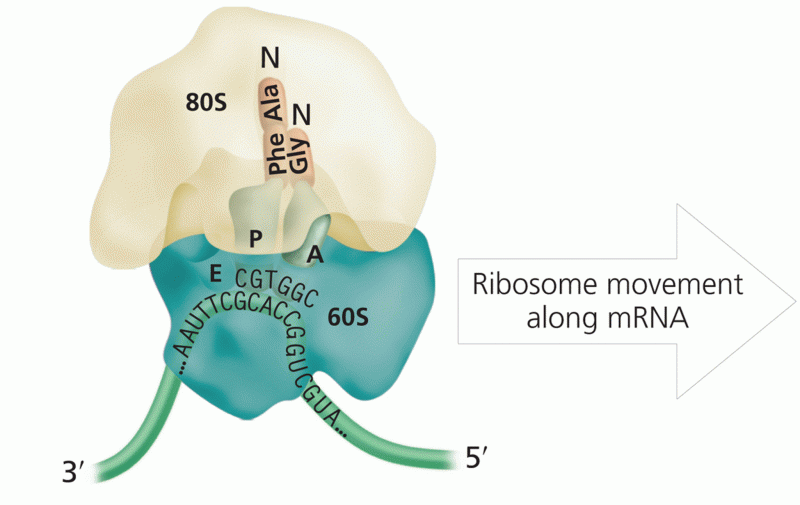|
|
|
More than 50% of American adults have oral herpes, which is commonly known as "cold sores" or "fever blisters." The herpes virus can be active on the skin surface without showing any signs or causing any symptoms.
There are 20 feet of blood vessels in each square inch of human skin.
In ancient Rome, many of the richer people in the population had lead-induced gout. The reason for this is unclear. Lead poisoning has also been linked to madness.
Of the estimated 2 million heroin users in the United States, 600,000–800,000 are considered hardcore addicts. Heroin addiction is considered to be one of the hardest addictions to recover from.
The first monoclonal antibodies were made exclusively from mouse cells. Some are now fully human, which means they are likely to be safer and may be more effective than older monoclonal antibodies.
 Religion can promote social change, as was evident in the U.S. civil rights movement. Dr. Martin ...
Religion can promote social change, as was evident in the U.S. civil rights movement. Dr. Martin ...
 Targeting female fetuses for abortion has become a main issue of the emerging feminist movement in ...
Targeting female fetuses for abortion has become a main issue of the emerging feminist movement in ...





